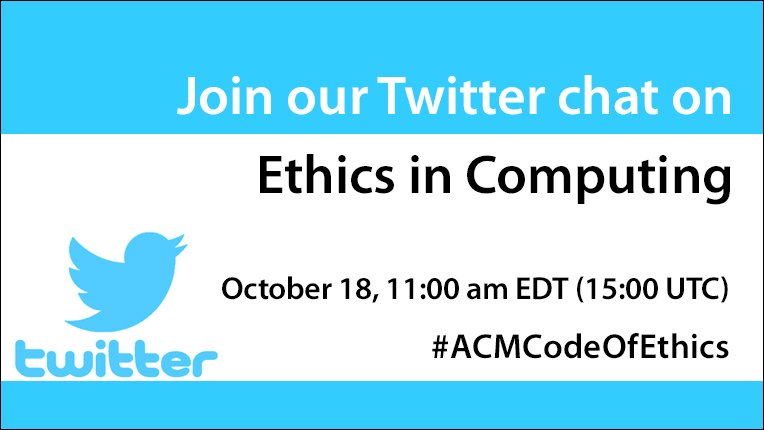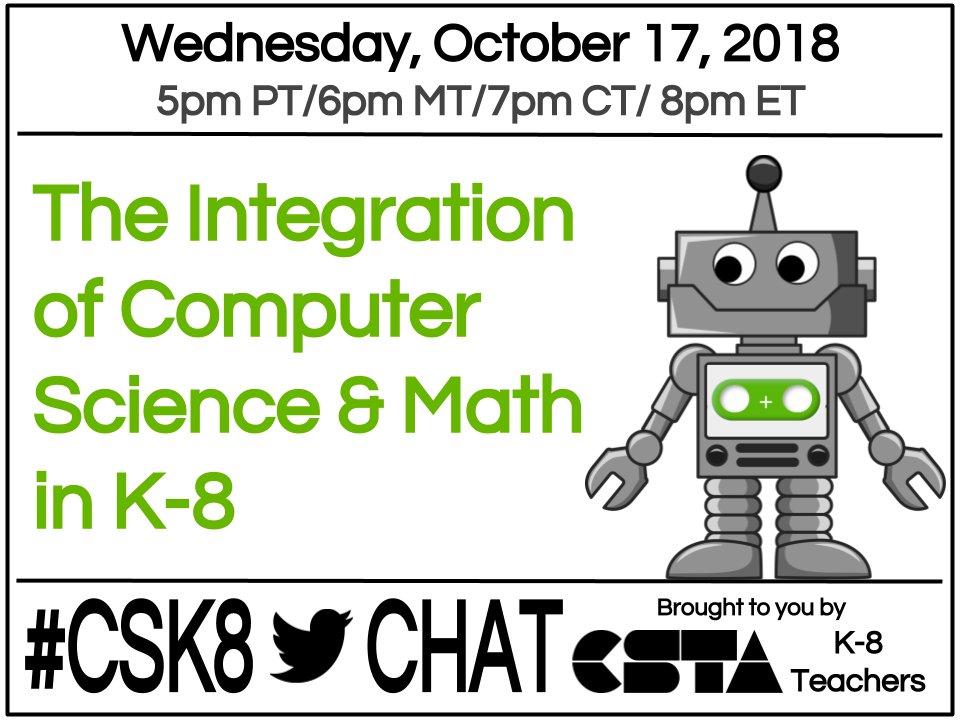A number of related (well in my eyes anyway) have got me thinking about how we need to develop computer science teachers. Phil Bagge’s post Developing Teacher Agency in Computing Part 1 pushed me over the edge. His Bagge scale of teaching agency makes a lot of sense to me.
- Computing Science?
- Dipped my toe with hour of code
- I am teaching using an open-ended programming environment
- I am adapting x resources
- I am creating my own resources
I might put something between items 2 and 3 but I am not sure how I would express it. Maybe, “teaching from a script.” Regardless, there is a progression here. It takes a lot to move from one scale item to another. Some people are not, let’s face it, going to move very far along the scale. For some it will be time, for some interest, for some lack of support, and well lots of other reasons that will make sense for individuals. We’re going to need more people to move along the list if only so they can develop tools for those at the earlier levels.

Yes, that takes someone who is at more advanced levels of subject knowledge and pedagogic experience but it should still be a goal.
Mike Zamansky wrote about From Scripts To Freestyle on his blog last week. He says that “Having a direction but not a script makes it easier to "call and audible." “ An audible in this context means taking a lesson in a new or different path to reach the end destination. Experienced teachers know that not all groups of students are the same. Even different sections of the same course in the same school year act and react differently. A lot of scripts don’t leave enough room to vary to meet the audience where they are.
Our problem (where “our” means people who want to see computer science in every school for every student) is that we have a lot of wonderful teachers (not enough) who are still at the earlier levels of Bagge’s scale. They need the script. They need a lot of scaffolding. They don’t yet have the content knowledge to “wing it” or jump off script.
Some teachers are never going to get beyond the middle of the Bagge scale. They aren’t that motivated. They see themselves as [some other subject] teachers who have to fill out their workload with computer science. It’s a reality and it will take a long time before we have enough teachers who see themselves as CS teachers who maybe have to teach something else from time to time. So we have to make sure those teachers have the best resources possible even if that means some scripting. It’s a big responsibility for curriculum developers.
I would argue that there is a responsibility for teachers who are developing their own resources to share as much of those resources as they can. I am told there are some teachers who keep their resources to themselves on purpose. I don’t know any of those teachers and I hope they are a myth. But I do know that there are teachers willing to share who don’t feel like they have a sharing platform. Some are to shy or lacking in confidence to propose presentations for conferences.
Blogs make a great platform and they are free to set up. There are lots of options like blogger.com and wordpress.com and more. Jump in, the water is fine.
Many teachers underestimate their own abilities as presenters. It may be surprising that someone who makes multiple presentations a day the the really difficult audience of middle or high school school students can be nervous about presenting to teachers it happens. Teachers can be a tough audience and there is an intimidation factor of presenting to people who also present a lot and who know the content. My experience suggests that teachers at CS conferences are very supportive and very excited to learn new things. No, really, you’ll be fine. Share what works for you.
So to help others develop I will paraphrase this plea form “Little Shop of Horrors”
Teach Me!




